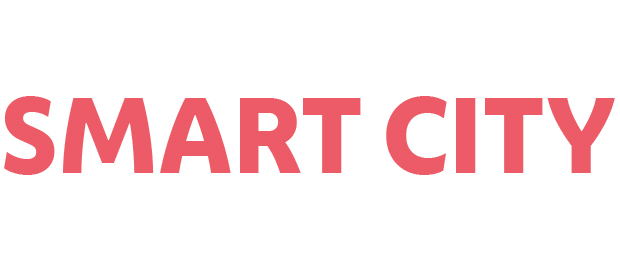Thanks to mobile health applications on the smartphone or tablet, patients can be treated more efficiently.
Mobile Health (mHealth) refers to health services on mobile devices. The numerous possible applications for mobile devices will have a lasting influence on health care in the future.
Mobile Health (mHealth) is a subset of E-Health and serves as an umbrella term for all types of health services on mobile devices, particularly apps on smart phones and tablets.
These mobile services have the potential to fundamentally alter the health care market and will also influence the health care system itself. According to a study by the European Union in April 2014, there are some 100,000 mHealth apps in existence. Of these, 70 percent are for consumers and 30 percent are intended for members of health care professions.
Apps for use in many areas
mHealth apps can provide the shortest route to a doctor or pharmacy. They can be used to organize the waiting list at outpatient clinics, as an interactive tool with videos and data input in a medical consultation, offer general information on medical conditions, or record and log vital signs (blood pressure, blood sugar, weight, heart rate) received from sensors. Such data can be transmitted to a doctor or help persuade users to increase their level of physical activity.
In the medical field, there are high expectations for supporting health care workers with mHealth applications and streamlining processes. This can simplify the exchange of information and procedures between the various medical professions, health care facilities and insurance companies.
Multimedia consultation at the bedside
Another very interesting application of mHealth is the improvement of the patient’s level of understanding, as well as increasing patient compliance. This is possible both during a hospital stay and after discharge.
In the project “Multimedia Consultation at the Bedside” as part of the Vienna health care system governance agreement, the Vienna Hospital Association is evaluating a cardiology pilot module. Patients are shown videos on a tablet, which explain in simple terms the illness, the operation and correct behavior following discharge. A choice of languages is available to reduce linguistic barriers.
mHealth for Home Care and Nursing Service
Other examples of mHealth services in Vienna as part of public health care services and administration include home care monitoring and mobile data recording by Vienna’s nursing and care services. Apart from the benefits of mHealth, there are also risks to be considered, particularly with respect to data protection and security.
In order to ensure the best possible result for patients as well as the health care system, regulatory measures are needed in the area of certification of mHealth services, clear liability rules, and effective criteria to distinguish between lifestyle and health apps as well as medical products.
Contact
MA 24 – Healthcare and Social Welfare Planning
E-Mail: post@ma24.wien.gv.at
This post is also available in: German




